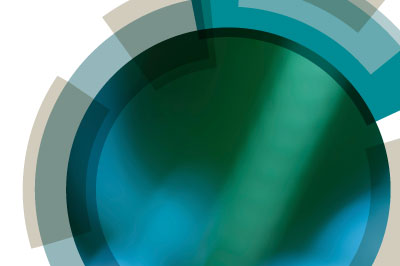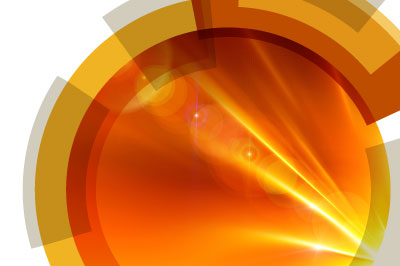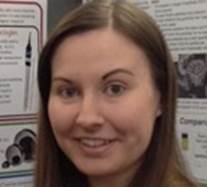 Zoe Ayres (2016 RSC Ronald Belcher Awardee), University of Warwick, United Kingdom
Zoe Ayres (2016 RSC Ronald Belcher Awardee), University of Warwick, United Kingdom
Controlled sp2 addition to Boron-Doped Diamond: Development of an oxygen insensitive voltammetric pH Sensor
Zoe Ayres studied Forensic Science (BSc) at Nottingham Trent University before moving on to complete an MSc in Analytical Science at the University of Warwick. To further her postgraduate studies Zoe remained at Warwick and completed her PhD investigating the development of diamond based sensors for analytical applications. Zoe has received several awards for her research, including the Sensors for Water Interest Group Early Career Researcher Prize 2014 and the RSC Ronald Belcher Award 2016 for the innovative development of a boron doped diamond pH sensor. Zoe is also regularly involved in promoting science and is a STEM ambassador. Notable outreach activities include project managing a week long exhibit at the Royal Society Summer Science Exhibition, taking part in the RSC Chemistry at Work at the ThinkTank in Birmingham and hosting students from all over the world at Warwick for the past few years as part of the London International Youth Science Forum (LIYSF). Zoe is also a member of several Committees including the RSC Electrochemistry group, the Analytical Methods Committee and the Analytical Science Network.
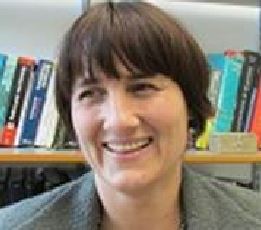 Perdita Barran, University of Manchester, United Kingdom
Perdita Barran, University of Manchester, United Kingdom
The use of Ion Mobility Mass Spectrometry to define Molecular Flexibility
Perdita Barran is currently Chair in the School of Chemistry and Director of the Michael Barber Centre for Collaborative Mass Spectrometry at the University of Manchester. She graduated from Manchester University with a degree in Chemistry with Industrial Experience (1994), and from Sussex University with a PhD in Chemical Physics (1998) under the supervision of Professors Tony Stace and Sir Harry Kroto. She worked as a Post-doctoral researcher for Tony Stace for 3 more years, before moving to University of California Santa Barbara to work with Mike Bowers (2001-2002). As an MRC Postdoctoral Fellow at the University of Edinburgh, she helped establish a Centre of Proteomics. The Barran group have developed IM-MS instrumentation to investigate changes in protein conformation and aim to understand biological systems using mass spectrometry based techniques in conjunction with collaboration with biologists and biomedical research groups. In 2009 in recognition of her achievements Barran was awarded the inaugural Joseph Black award by the RSC Analytical Division. Her research focus is on understanding the conformations and interactions of dynamic and disordered proteins, as well as pushing mass spectrometry to make measurements on molecular systems that are not amenable to other characterisation methods.
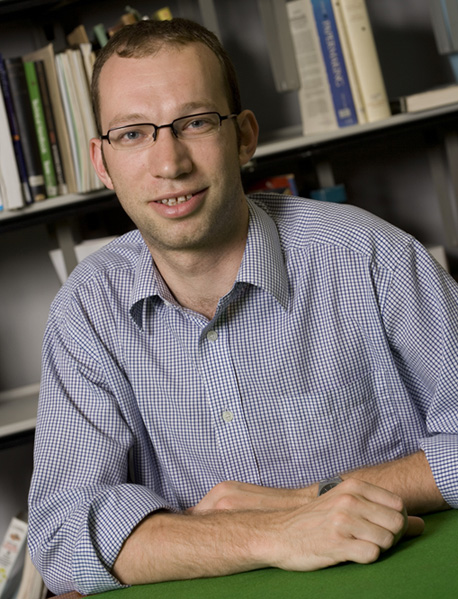 David Peggie, National Gallery Scientific Department, United Kingdom
David Peggie, National Gallery Scientific Department, United Kingdom
Hidden Rembrandt: How analytical chemistry can provide us with new information about Old Master paintings
David is an organic analyst working at the National Gallery, London. He obtained a Masters degree in Chemistry at The University of Edinburgh (2002) followed by a PhD (2006) for research into the identification of dyes on historical textiles (in collaboration with the National Museum of Scotland) before joining the scientific department at the National Gallery, London. He has considerable expertise in chromatographic and spectroscopic techniques for characterising materials to support conservation treatments and study painting technique and his main research interests include natural product analysis (oils, varnishes, dyestuffs) and their deterioration products.
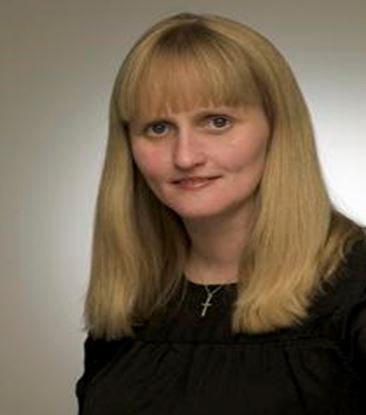 Elaine Holmes, Imperial College London, United Kingdom
Elaine Holmes, Imperial College London, United Kingdom
Professor Holmes’ main research area focuses on applying metabolic profiling and computational modelling of biofluids and tissues to understand pathological and physiological processes. She has a broad background in metabolic chemistry, with specific expertise in spectroscopy and in chemometric modeling of spectral data. She began her research career investigating molecular mechanisms of toxicology using spectroscopic methods and then broadened the scope to research clinical pathologies in a range of clinical fields. Prof Holmes has particular interest in investigating the consequences of modification of the gut microbiota which involves both the development and application of spectroscopic and chemometric methods, and in particular the fusion of metagenomic and metabonomic data to provide a readout of the functionality of the microbiome. In 2015, Professor Holmes was awarded the Interdisciplinary Prize Medal by the Royal Society of Chemistry and 2016 Analytical Science Power List - Top 50 most influential women. Prof Holmes has an H-index of 87 and is an ISI Highly Cited Researcher (Pharmacology 2014). She has trained over 60 PhD students.
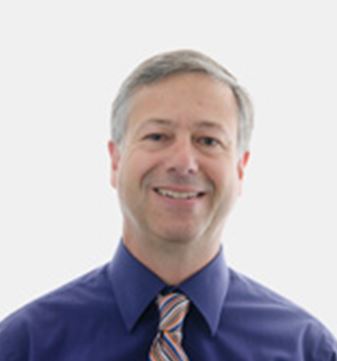 Antonio Ricco, NASA Ames Research Center, United States
Antonio Ricco, NASA Ames Research Center, United States
Integrated Microfluidic Bioanalytical Systems: Monitoring Microbial Cultures in Outer Space
Antonio J. Ricco received BS and PhD degrees in chemistry from the University of California, Berkeley (1980) and the Massachusetts Institute of Technology, Cambridge (1984), respectively. His professional experience includes positions at Sandia National Laboratories, the University of Heidelberg, ACLARA BioSciences, the Biomedical Diagnostics Institute (Dublin), Stanford University’s National Center for Space Biological Technologies, and NASA Ames Research Center. His professional R&D experience includes chemical microsensors and microsystems; polymer microfluidic systems for genetic analysis, high-throughput drug discovery, and pathogen detection; point-of-care medical diagnostic devices; and integrated autonomous bioanalytical systems for space biology and astrobiology studies aboard small satellites. At NASA/Ames, he has served/presently serves as payload technologist for half a dozen nanosatellite spaceflight missions. He is also a member of the European Space Agency’s Topical Team on Future Astrobiology Experiments in Earth Orbit and Beyond.
He was an E.T.S. Walton Fellow (Dublin City University), is a Fellow of The Electrochemical Society, and serves as Vice President of the Transducer Research Foundation.
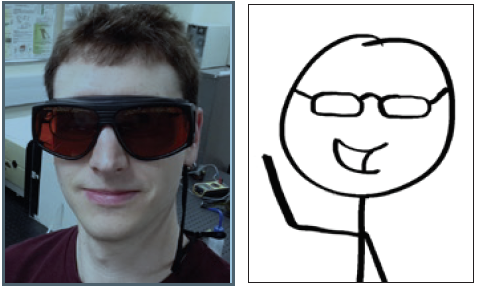 Matthew Partridge, Cranfield University, United Kingdom
Matthew Partridge, Cranfield University, United Kingdom
Dr Matthew Partridge is the cartoonist and blogger behind the site ErrantScience.com. He launched the site in 2008 as a place devoted to talking about the lighter side of research, and being irreverent about science. He is also a Research Fellow in the Centre of Engineering Photonics at Cranfield University, where he develops fiber optic chemical sensors.











